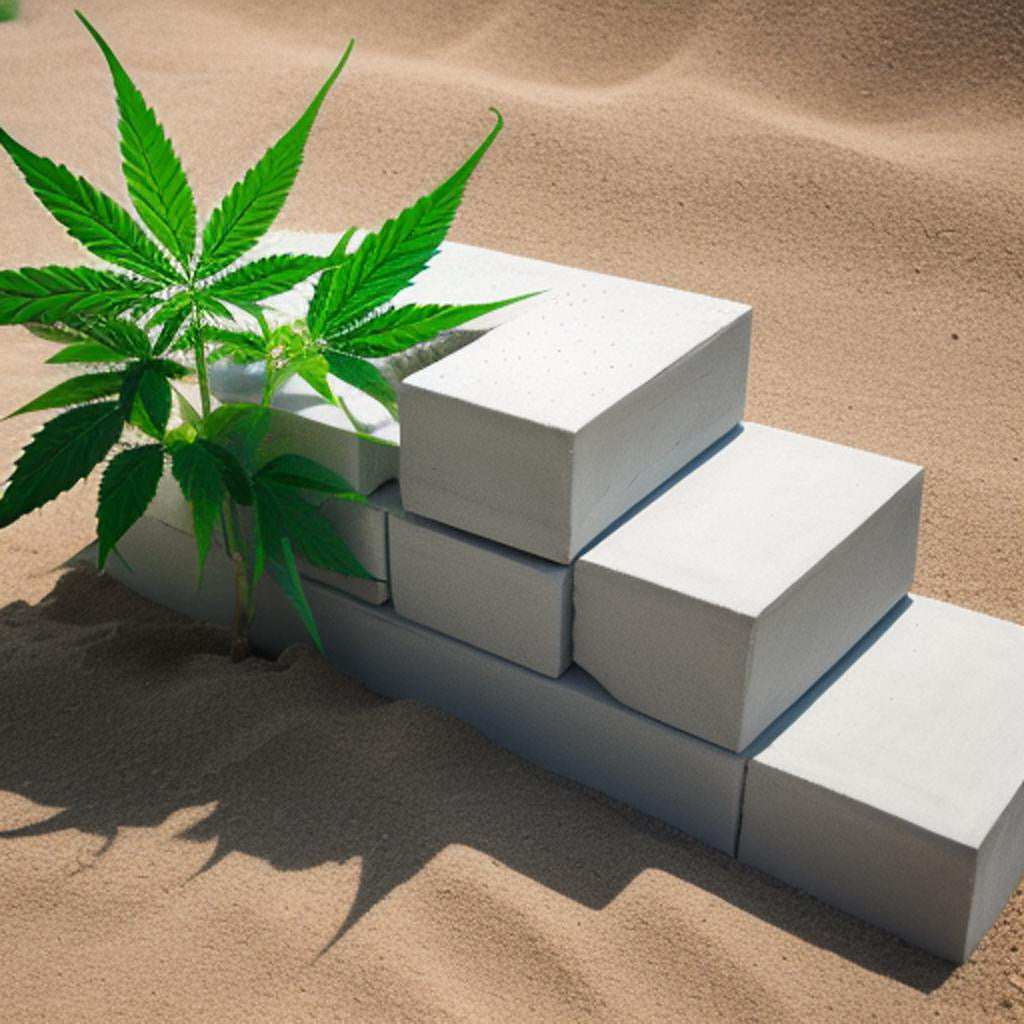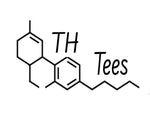Hemp Concrete: Building a Sustainable Future
When it comes to sustainable building materials, hemp concrete, also known as hempcrete, has gained significant attention in recent years. This innovative construction material combines the natural fibers of the hemp plant with lime-based binders, resulting in a versatile and eco-friendly alternative to traditional concrete. Let's explore the wonders of hemp concrete and its potential to shape a more sustainable future in the construction industry.
What is Hemp Concrete?
Hemp concrete is a bio-composite material made from the woody core of the hemp plant, known as the hurd or shiv, and a lime-based binder. The hemp hurd is mixed with lime and water to create a lightweight, insulating, and breathable material that can be used for various construction applications.
Benefits of Hemp Concrete:
1. Sustainability:
Hemp concrete is regarded as one of the most sustainable building materials available today. Hemp plants are fast-growing, require minimal water, and absorb large amounts of carbon dioxide during their growth cycle, making them exceptionally eco-friendly. The production of hemp concrete also generates significantly lower carbon emissions compared to conventional concrete.
2. Thermal Insulation:
Hemp concrete provides excellent thermal insulation properties, helping to regulate indoor temperatures and reduce energy consumption for heating and cooling. Its porous structure allows for the absorption and release of moisture, creating a comfortable and healthy living environment.
3. Fire and Pest Resistance:
Hempcrete is naturally fire-resistant, thanks to the high silica content in the hemp fibers. It does not release toxic gases when exposed to fire, making it a safer choice for construction. Additionally, hemp concrete is resistant to pests, including termites and rodents, ensuring long-lasting durability.
4. Breathability and Moisture Regulation:
Hempcrete has a breathable nature, allowing moisture to pass through the material and preventing the buildup of mold or mildew. This characteristic helps maintain healthy indoor air quality and reduces the risk of respiratory issues.
Applications of Hemp Concrete:
Hemp concrete can be utilized for various construction applications, including:
1. Insulation:
Hempcrete is commonly used as an insulating material in walls, floors, and roofs. Its lightweight composition and excellent thermal properties make it an ideal choice for creating energy-efficient and comfortable spaces.
2. Partition Walls:
Hemp concrete can be used to construct interior partition walls, providing sound insulation and a natural, aesthetically pleasing finish.
3. Renovations and Retrofits:
Hempcrete is a versatile material that can be used in the renovation and retrofitting of existing buildings. It can be applied as an external insulation layer or used to infill existing walls, improving energy efficiency and reducing the carbon footprint of older structures.
Hemp concrete represents a significant step towards sustainable and environmentally friendly construction practices. Its unique properties, including sustainability, thermal insulation, fire resistance, and breathability, make it a compelling alternative to traditional concrete. As we strive to build a greener future, hemp concrete offers a promising solution that combines innovation, efficiency, and environmental consciousness. By embracing hempcrete and adopting sustainable building practices, we can contribute to a more sustainable and resilient world for generations to come.

